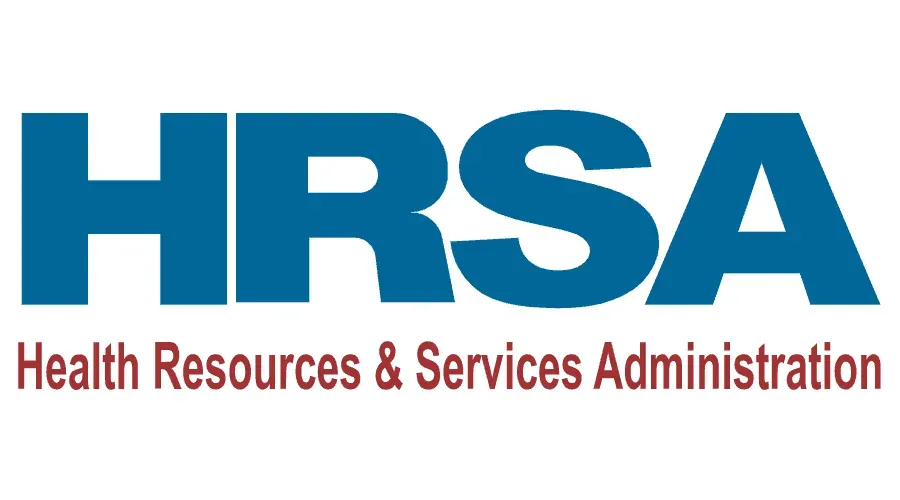Come see what we're all about
The goal of integrating pediatric mental health care services into primary care settings is crucial for improving access to timely and effective mental health support for children. To achieve this, we need to focus on several key areas that will enhance providers' capabilities in managing children’s mental and behavioral health concerns. See what KY MARK offers primary care providers (PCPs)
Training and Capacity Building for providers:
- Objective: Equip healthcare providers with the knowledge and skills necessary to address mental health issues in children.
- Action Steps:
- Develop specialized training modules on recognizing and managing common pediatric mental health conditions like anxiety, depression, ADHD, and autism spectrum disorders.
- Conduct workshops on using screening tools and diagnostic criteria effectively in pediatric settings.
- Promote ongoing professional development to keep providers updated on the latest research, treatment modalities, and evidence-based practices.
Next: Increase confidence in mental health
Increasing Confidence in Mental Health Management
- Objective: Boost providers’ confidence in addressing mental health concerns in pediatric care settings.
- Action Steps:
- Implement case-based learning and peer discussion groups to encourage confidence-building in handling complex pediatric mental health cases.
- Provide easy access to mental health professionals for consultations and case management.
- Foster a supportive network that allows providers to collaborate with mental health specialists, offering mentorship and guidance as they encounter difficult cases.
Next: Early identification and diagnosis.
Early Identification and Diagnosis:
- Objective: Ensure early detection and accurate diagnosis of mental and behavioral health issues.
- Action Steps:
- Introduce standardized screening tools for common mental health disorders as part of routine developmental and health assessments.
- Ensure that providers understand when to use these tools, how to interpret the results, and how to integrate them into the child’s overall care plan.
- Incorporate developmental milestones and red flags for mental health conditions into training so providers can spot potential concerns early.
Next: Proficiency in treatment and referral.
Proficiency in Treatment and Referral:
- Objective: Develop proficiency in providing appropriate interventions or referrals for treatment.
- Action Steps:
- Train providers on evidence-based interventions that can be applied within a primary care setting, such as cognitive-behavioral therapy (CBT), parent-child interaction therapy (PCIT), or mindfulness techniques.
- Establish a clear referral pathway to mental health specialists when the condition requires more specialized care or intensive treatment.
- Ensure that providers have a clear understanding of available community resources, including outpatient therapy, school-based mental health programs, and telehealth services.
Next: Promoting collaborative care.
Promoting Collaborative Care:
- Objective: Create a collaborative model where primary care providers and mental health professionals work together to manage children's mental health.
- Action Steps:
- Facilitate regular meetings between primary care providers, pediatric psychologists, psychiatrists, and other mental health professionals to discuss complex cases and share best practices.
- Integrate mental health services within pediatric primary care clinics, allowing for direct consultations and coordination between providers.
- Develop shared care plans that involve input from both primary care providers and mental health specialists to ensure a comprehensive approach to care.
Community Engagement:
- Objective: Ensure that families are engaged in their child’s mental health care and have access to appropriate community resources.
- Action Steps:
- Encourage primary care providers to offer guidance to parents about how they can support their child’s mental and emotional development.
- Promote access to community-based programs and services that can provide additional support to children and families.
Next: Ongoing evaluation and quality improvement.
Ongoing Evaluation and Quality Improvement:
- Objective: Continuously evaluate and improve the effectiveness of integrated mental health services in primary care settings.
- Action Steps:
- Collect data on mental health outcomes for children in integrated primary care settings to track improvements or areas that need further attention.
- Establish feedback mechanisms for healthcare providers and families to assess satisfaction and identify challenges in the integrated care process.
- Use this data to make evidence-based adjustments to training programs, referral protocols, and collaborative care models.
By addressing these areas, we can build a sustainable and effective system where mental health is an integral part of pediatric care, improving both access and outcomes for children’s mental and behavioral health.
KY MARK
Goals
- To build capacity for Pediatric Mental Health Care Access by integration of mental health services and primary care.
- To build upon providers’ current knowledge and skill set, thereby increasing their confidence in addressing and managing children’s mental and behavioral health concerns in primary care settings.
- To ensure proficiency in early identification, diagnosis, treatment, and referral of mental and or behavioral conditions as a routine part of children's developmental and health care services.
Vision
- That all children in Kentucky receive timely access to optimal mental health services.
Mission
- The mission of the program aligns with the Public Health Mission to improve the health and safety of people in Kentucky through prevention, promotion, and protection.






